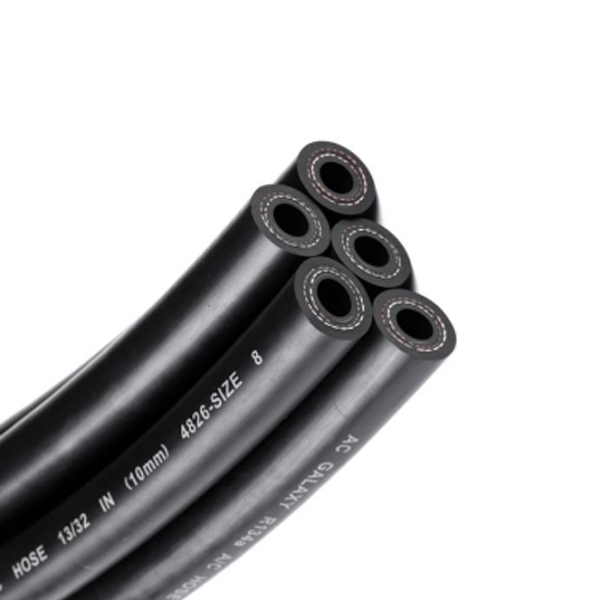ethanol rated fuel line
Nov . 12, 2024 10:43 Back to list
ethanol rated fuel line
Understanding Ethanol Rated Fuel Lines
In recent years, the automotive industry has seen significant shifts toward more sustainable fuel options. One such alternative is ethanol, often used as a blend with gasoline to create what is commonly referred to as E85 (a blend of 85% ethanol and 15% gasoline) or other percentages like E10. As these ethanol blends become more prevalent, the importance of using an appropriate fuel line rated for ethanol cannot be overstated. This article delves into the intricacies of ethanol rated fuel lines, their significance, and the considerations necessary for their implementation.
What is an Ethanol Rated Fuel Line?
An ethanol rated fuel line is specifically designed to handle the unique properties and characteristics of ethanol and ethanol-blended fuels. Unlike traditional gasoline, ethanol has different chemical properties, such as higher polarity and the ability to absorb more water. Consequently, standard rubber fuel lines may degrade, swell, or become brittle in the presence of ethanol, leading to leaks and potential failures in the fuel system.
Manufacturers produce ethanol rated fuel lines using materials like fluoropolymer, which is resistant to the corrosive nature of ethanol. These specialized fuel lines ensure that vehicles running on ethanol blends operate safely and efficiently, maintaining the integrity of the fuel system over time.
The Importance of Ethanol Compatibility
The importance of employing ethanol rated fuel lines can’t be understated for several reasons
1. Preventing Leaks Using the wrong type of fuel line can lead to fuel leaks, which pose fire hazards and environmental risks. Ethanol-compatible lines are designed to withstand the corrosive properties of ethanol, effectively preventing such leaks.
2. Long-term Durability Ethanol can cause traditional rubber fuel lines to deteriorate more quickly. By investing in ethanol rated fuel lines, vehicle owners ensure that their fuel systems remain reliable over extended periods, avoiding costly repairs and replacements.
3. Maintaining Fuel Efficiency A properly functioning fuel line contributes greatly to a vehicle’s fuel efficiency. If the fuel line is compromised, it can lead to poor fuel delivery, impacting engine performance. Ethanol rated lines ensure that the fuel flows smoothly without obstruction.
ethanol rated fuel line

4. Regulatory Compliance Many regions have regulations regarding the use of alternative fuels, and complying with these rules necessitates the correct materials in the fuel system. Using ethanol rated components is not only a smart choice; it may also be a legal requirement in some areas.
Choosing the Right Ethanol Rated Fuel Line
When selecting an ethanol rated fuel line, several factors should be taken into consideration
- Material Ensure that the fuel line is made from compatible materials such as fluoropolymer or other compounds specifically rated for ethanol use.
- Diameter and Length The diameter and length of the fuel line should match your vehicle's specifications to maintain optimal flow and pressure.
- Standards Compliance Look for fuel lines that meet industry standards or certifications indicating their suitability for use with ethanol.
- Manufacturer Reputation Choose products from reputable manufacturers who specialize in automotive fuel systems. Quality products can make a considerable difference in performance and durability.
Conclusion
As ethanol continues to gain traction as a viable fuel alternative, understanding the importance of ethanol rated fuel lines is crucial for vehicle owners and automotive professionals alike. These lines not only provide safety and reliability but also ensure the efficient operation of vehicles running on ethanol blends. By choosing the right fuel lines, users can mitigate risks, enhance performance, and contribute to the broader shift towards sustainable and environmentally friendly fuel options. Investing in the proper components is essential, as it reflects a commitment to safety, performance, and compliance in this evolving automotive landscape.
